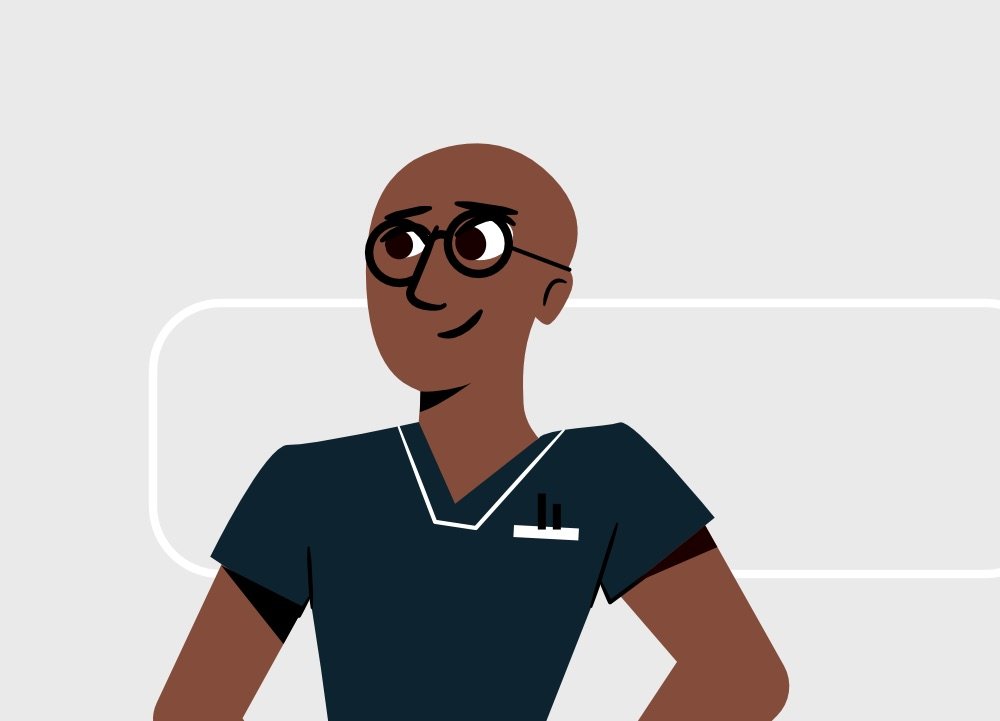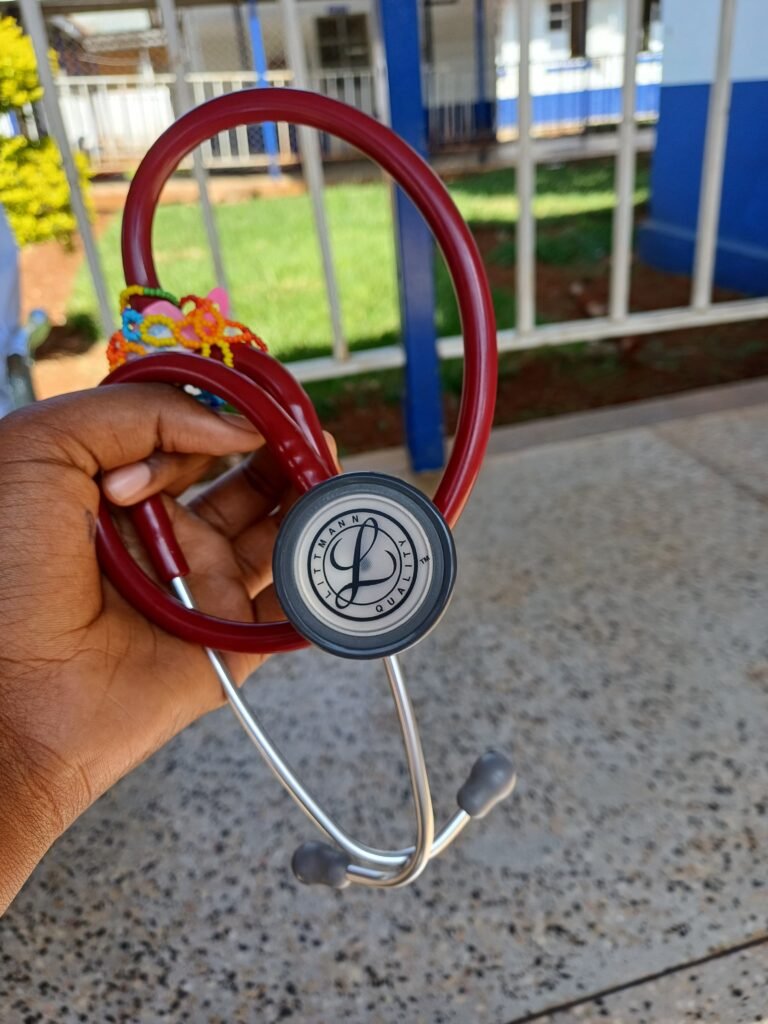“The more I learn, the more I realize how much I don’t know”
Albert Einstein
Safia, Wepukhulu, and Karimi have an upcoming anatomy exam. Safia, who has been struggling with the material, has low confidence in her ability to perform on the exam. She studies hard, joins a discussion group, and looks for additional resources to help her improve her understanding of the material. On the other hand, Wepukhulu feels confident in his knowledge of anatomy. He claims that the lectures are boring and that he is better off skipping dissection to study Netter’s Atlas in his room – because the illustrations are easy on the eyes. He does not feel the need to study much for the exam and as such underestimates its difficulty. He feels overconfident and ends up unprepared for the exam. On exam day, Safia who has been struggling with the material massively outperforms Wepukhulu, despite feeling less confident in her knowledge leading up to the exam. Karimi has always been the top performer in anatomy. She studies regularly and has extensive knowledge of the material. Like Wepukhulu, she felt confident about the exam, but did not think she would perform as well as she did – she thought she’d score in the third quartile but ends up in the first with a perfect score!

This is an example of the Dunning-Kruger effect. Wepukhulu overestimated his own abilities and underestimated the difficulty of the exam. Because Safia was feeling less confident, she was able to assess her own abilities accurately and was able to prepare well for the exam. The Dunning-Kruger effect is a cognitive bias where people with low ability in specific areas overestimate their abilities. When people with low skills or knowledge in specific areas try to evaluate their competence, they greatly overestimate their ability and make themselves think they are more knowledgeable than they are. This can be explained using metacognition. The less an individual knows about a subject, the less metacognitive ability they have around that subject. Wepukhulu is at the peak of “mount stupidity”. His little knowledge of anatomy makes him too overconfident and unable to tell the difference between competence and incompetence. He, therefore, lacks competence and does not know that he is incompetent (the dual-burden account). Safia is in the “valley of despair”. Her confidence is low but she is more competent than Wepukhulu. She knows enough to realize that she still has a lot of material to cover, and therefore works through the “slope of enlightenment” to better her competence. The reverse can be said for people that are highly skilled or have adequate knowledge in a specific field. They underestimate their abilities relative to that of others – not because they are ignorant, but because they think others have the same amount of competence as they do. Karimi is at the “plateau of sustainability”. She is competent and confident but sees her own knowledge of anatomy as common. She assumes that her classmates are just as knowledgeable as she is.
We can predict the three students’ behavior in class. Wepukhulu is more likely to be loudest in class, and the least likely to join discussion groups because he does not see the need to get help. Safia is likely to be timid, has the least confidence, and is more willing to join discussion groups. Karimi is likely to be more reserved (but still confident) and the least likely to teach in discussion groups. People who have the least competence have false confidence, are likely to be the loudest in the room, and are least likely to take learning opportunities from their colleagues because they think that they are better than them. Those who know the most are confident but are least likely to teach others because they do not realize how better off they are.
It’s easy to think that you are not good enough and that everyone else is doing better than you. In reality, this is unlikely to be the case. If you think you suck at anatomy, you are probably better than most people (including Wepukhulu) because you know what you don’t know and are more willing to improve. Also, keep in mind that being confident at the start isn’t always a bad thing. Having little knowledge about a field is enough to give you the confidence boost you need to get started. But don’t get discouraged once you get into the thick of things. Know that it is part of the process and that with time you will emerge more competent and confident than you were before.




